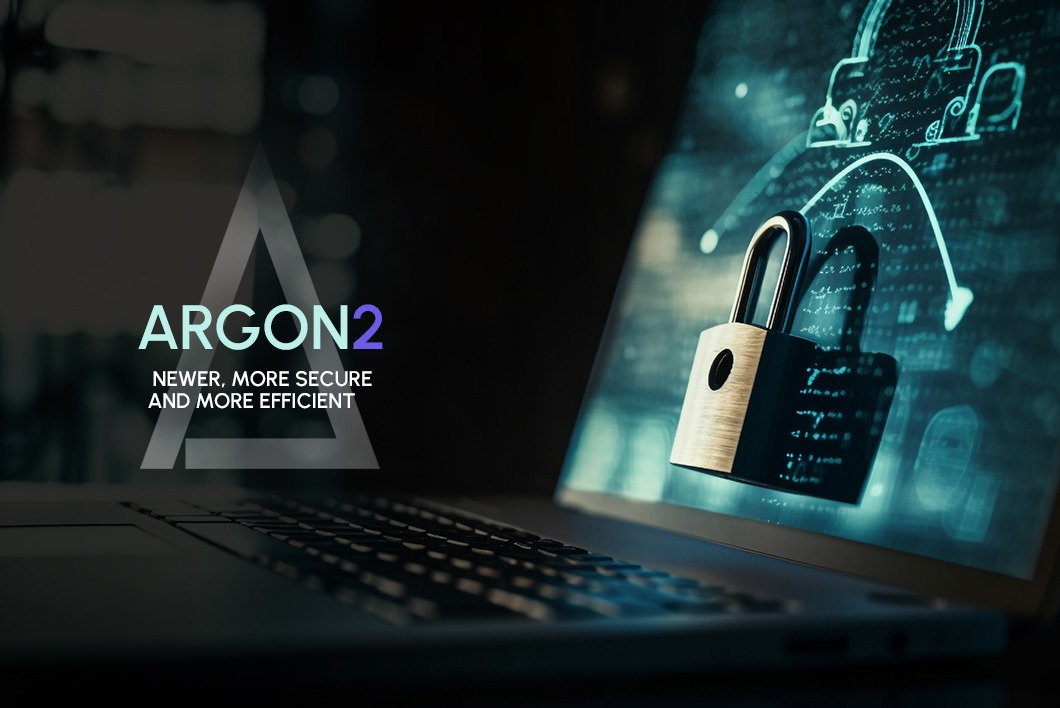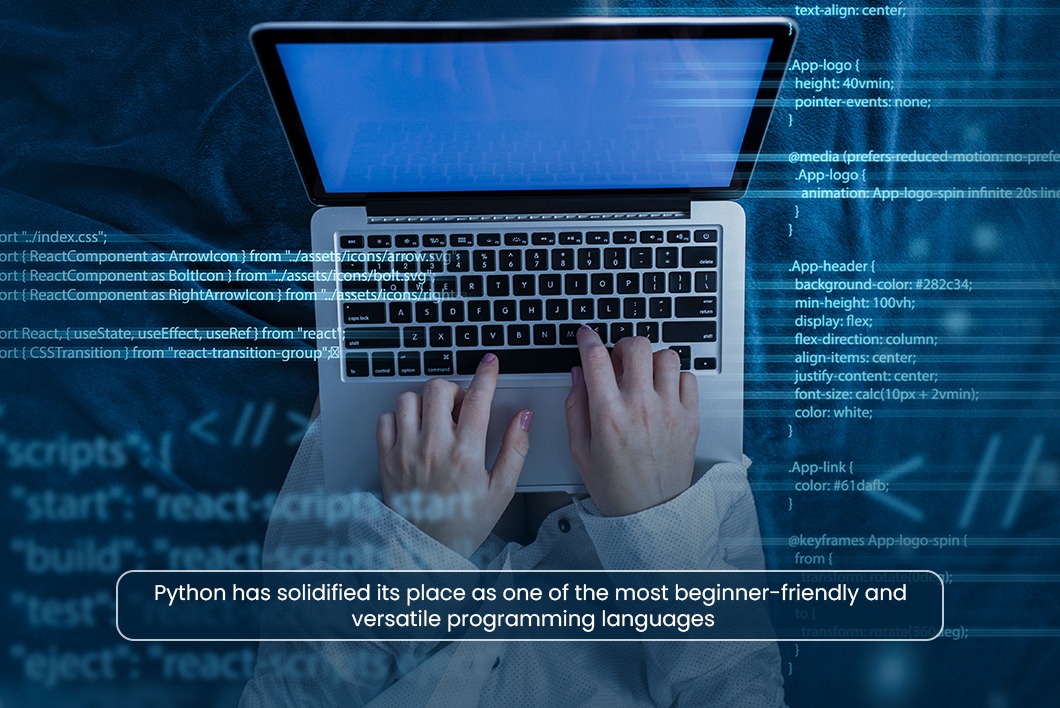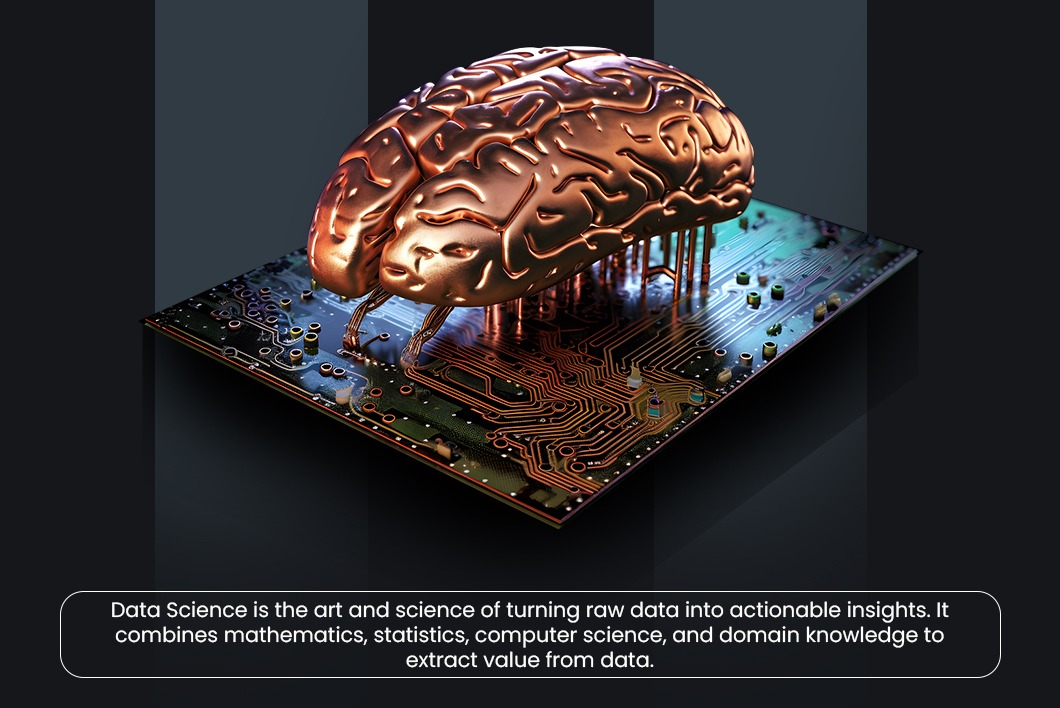
Why You Ought to Be Using Argon2 Over bcrypt for Password Hashing
As we navigate the cybersecurity world today, safeguarding user credentials is more important than it has ever been. Developers have counted on bcrypt being the default password hashing algorithm for years. However, with the changing nature of cyber threats, our defenses need to adapt as well. This is where Argon2 enters the picture—a newer, more secure, and more efficient option. If you’re looking to learn advanced security practices like this, enrolling in the best Python training in Kochi can help you stay ahead in the tech world.
What’s Password Hashing?
When users create an account or log in, their passwords are never actually stored as plain text. Rather, a
The hashing process is used to turn the password into an unreadable string of characters. This hashed value
is saved and matched with later logins.
A good hashing algorithm:
It is one-way (cannot be reversed)
Is resistant to brute-force and dictionary attacks
Includes a salt (random value) to ensure each hash is unique
bcrypt: Once Great, Now Limited
bcrypt has existed since 1999 and was the de facto standard for secure password storage because:
Inherent salting
Slowness that resisted brute-force attacks
Yet, bcrypt has seen its heyday in the era of today’s high-performance computing.
Major bcrypt Drawbacks:
CPU-bound only: Simple to parallelize on modern GPUs
Fixed memory usage: Can’t scale to thwart hardware attacks
Limited configuration: Only time-based cost tuning
No multi-threading: Can’t effectively use modern CPU cores
Enter Argon2—The Password Hashing Champion
In 2015, Argon2 was defeated in the Password Hashing Competition (PHC). It was created from scratch to
overcome the contemporary limitations of bcrypt, PBKDF2, and so on.
Argon2 Variants:
Argon2i: Ideal for side-channel resistance
Argon2d: More resilient against GPU cracking
Argon2id: Recommended—a blend of both
How Argon2 Protects Against Hackers
Unlike bcrypt, Argon2 is memory hard, meaning
Hackers require a significant amount of RAM in order to break hashes—this decelerates GPUs and
ASICs substantially.
You can specify:
Time cost (number of iterations)
Memory cost (amount of RAM to allocate)
Parallelism (number of threads to execute)
This provides programmers total control over the performance versus security trade-off.
Conclusion
bcrypt was good enough for developers for a long time, but it wasn’t designed for today’s parallel-processing, GPU-enabled universe. Argon2 was—and it’s the obvious choice when it comes to password security in new apps. Learning about modern security algorithms like Argon2 is essential, and quality Python training in Kochi can equip you with the skills to implement them effectively in real-world applications.
RITHIK RAJESH
SOFTWARE DEVELOPER








 How can I help you?
How can I help you?